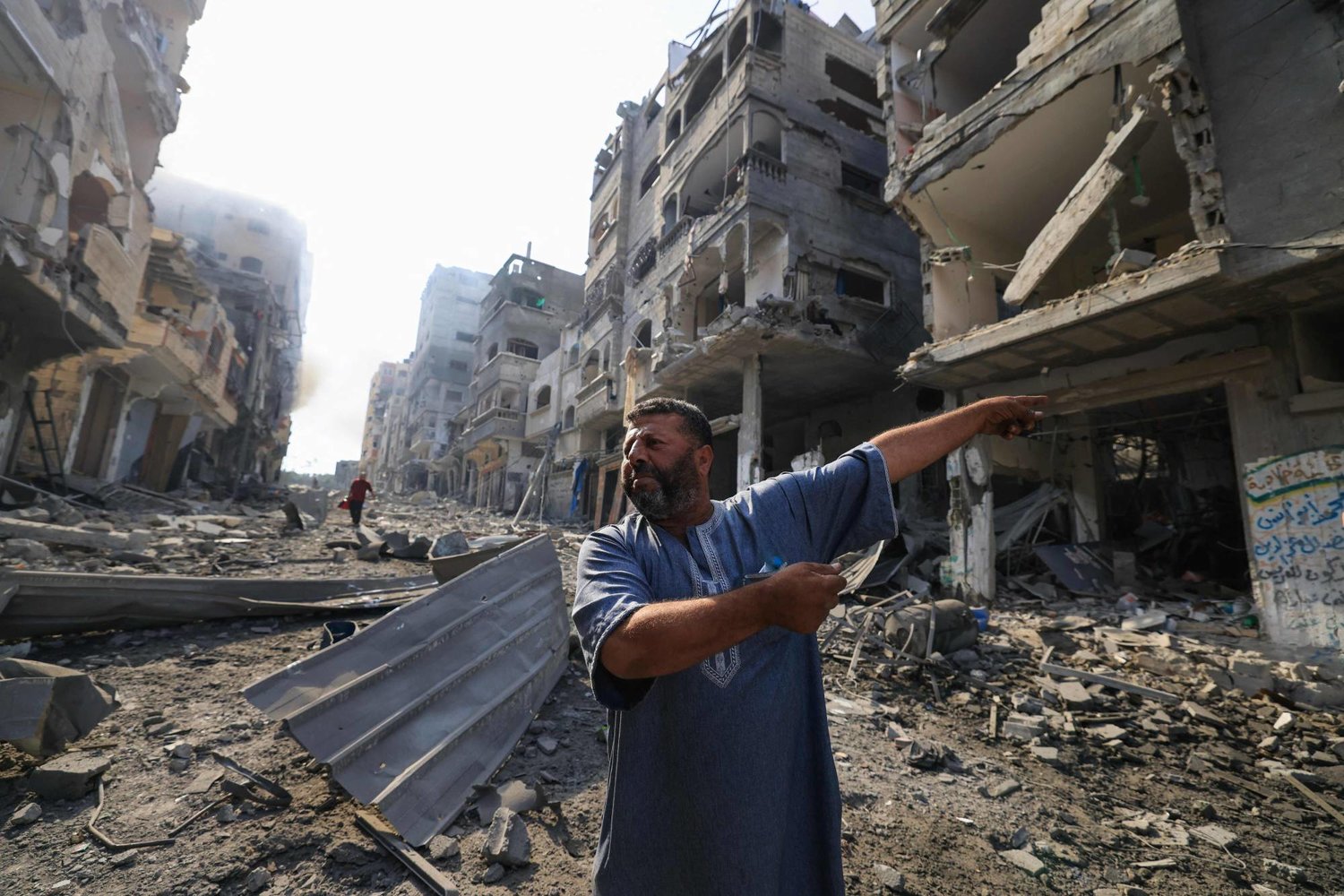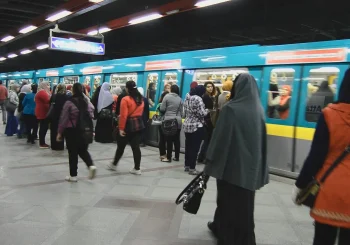As one of the most violent episodes of the conflict between Palestine and Israel unfolds, the world watches with bated breath — death tolls rise, as do the voices of politicians and military leaders in sharp warnings and threats.
On Saturday, 7 October, the Gaza-based militant group Hamas launched an unprecedented attack on Israel, thwarting its highly advanced security system, entering into multiple Israeli towns, killing hundreds — among them civilians — and taking scores captive.
In retaliation, the Israeli military unleashed a massive military operation and a continuous flood of airstrikes on Gaza that have also killed hundreds of civilians — some targeting residential buildings — and ordered a complete siege of the strip, cutting off food, fuel, and electricity. As of today, an imminent ground invasion is probable.
Given the unprecedented force of Hamas’ offensive and the resulting death toll, a single glance at this episode of a conflict that has lasted many decades, may suggest to a first-time follower that we are witnessing an unprompted attack by one well-matched adversary upon another.
This impression has been all but confirmed by the global response to the events. Western leaders delivered messages of stern condemnation and disgust for the actions of Hamas, and of unconditional support for Israel and its right to defend itself without constraint. Given the precedents, this amounted to providing Israel’s right-wing government with a blank cheque to retaliate.
Among Western public figures on social media there was a flood of posts emphatically expressing support for Israel. While a few expressed that there was fault on both sides and all deaths should be mourned, many others went as far as saying that it was time to stop being neutral in this conflict, and to voice unreserved support for the real victim, Israel.
“This is not a sports game. There’s no team to root for,” wrote film director Quentin Tarantino, in an Instagram post that particularly stuck with me. Such scolding of those who expressed their support for Palestine as events unfolded was not uncommon. I am sure he meant to sound like the voice of reason in the midst of the chaos. He meant to sound firm and fair, but his words fell on my ears as an Egyptian with great interest in the Palestinian struggle, as naive and sorely lacking in nuance.
What Tarantino’s post — as well as the hundreds of other posts that make a similar argument — fails to recognise is that the events currently unfolding did not emerge from a vacuum. The names of the casualties of this particular episode of conflict are not written upon a blank slate. In a conflict that has lasted many decades, annual death tolls are recorded silently and ignored wilfully.
Over the past decade and a half, — excluding the most recent numbers — 6,400 Palestinians were killed by Israel, and over 150,000 were injured. Meanwhile in that same timeframe, 300 Israelis were killed and 6,300 injured.
And in a continuation of the systematic appropriation of Palestinian land — which lies at the heart of this conflict — nearly 700,000 Israelis are currently living in illegal settlements in the occupied West Bank. This is seven times the size of the settler population when the Oslo Accords were signed in 1993 to initiate the peace process between Palestinians and Israel.
And the violence resulting from this land-grab operation has only been on the rise. Since the start of 2022, over 1,000 Palestinians have been displaced from their homes in the West Bank. This year alone, 189 Palestinians were killed at the hands of Israeli settlers.
Israel, one of the most powerful militaries in the world, backed unconditionally by the United States, the most powerful military in the world, continually launches overwhelming attacks with enormous firepower on civilians, often among them children, destroying lives and livelihoods.
The target of these attacks is nearly always the Gaza strip, a narrow strip of land that precariously houses 2.3 million people, whose access to the most basic human needs — such as food, water, and electricity — is controlled, and often withheld, by Israel.
Today, Gaza is under total siege and being targeted by Israeli airstrikes. The death toll there has now surpassed 1,400 from this operation alone. Some commentators have begun to condemn Israel’s onslaught, but I do not see monuments lighting up with Palestinian flags to mourn the massacred and support the survivors.
As these atrocities unfold, observers, primarily in the West, continue to lend their ears only to information — or at times even falsehoods — that confirm their existing bias.
When amid the current fighting, a rumour emerged that Hamas was beheading babies, this became the primary talking point of many commentators and social media users. As a matter of fact, it was even repeated by Joe Biden, the President of the United States, despite the fact that the US government, and then the Israeli government itself ultimately admitted that it could not confirm this claim.
Palestinians are not only labouring under an apartheid system, fighting tooth and nail to keep their lives, homeland, and identity against a fierce onslaught of a far greater and more organised adversary, that more often than not seems intent on completely eradicating their national identity. An adversary acting with total disregard for international law, international humanitarian law, and the laws of war. They are also fighting relentless propaganda and a bias in the West so deeply rooted that it is no longer perceived as a bias.
People I know personally were shocked and horrified to hear the words ‘Free Palestine’ after the fighting began on Saturday. They deemed it insensitive to call for the freedom of Palestine after Hamas had killed so many Israelis.
What they do not seem to understand is that when Palestinians protest, they are killed. When they call for a boycott, they are accused of anti-Semitism. When they sign peace agreements, their land gets forcibly and illegally taken away from them anyway. Every door they try in the hope of attaining their freedom and their legally sanctioned rights is shut by those with more power and influence.
This is the context in which Hamas’ attack arose. While its violence cannot be justified, it cannot in any honest analysis be described as unprompted.
Some time ago, I wrote an article that explored the possibility of a positive adjustment to the West’s moral compass regarding issues like the occupation of Palestine, as a result of its parallels with the occupation of Ukraine at the hands of Russia. Perhaps the perspective provided by this European conflict could help expose the double standard in the reactions of many nations and individuals.
Alas, over a year later, my hopes are foiled.
Decades and thousands of lost lives later, empathy and mourning are still inexplicably selective, analysis and coverage are virtually devoid of any real context, and the lives of Palestinians are set at naught. What this forebodes, I shudder to imagine.







Comment (1)
[…] post Do Some Lives Matter More Than Others? A Skewed Response to the Palestinian Plight first appeared on Egyptian […]